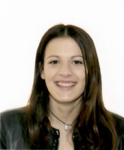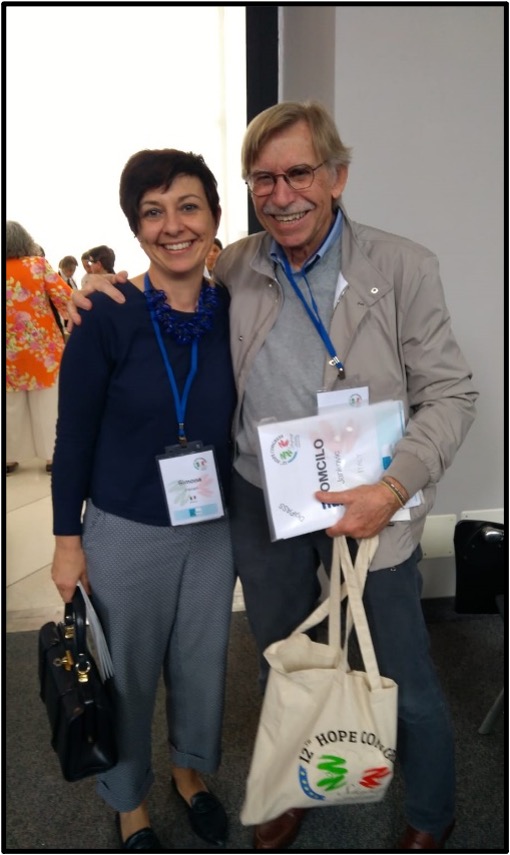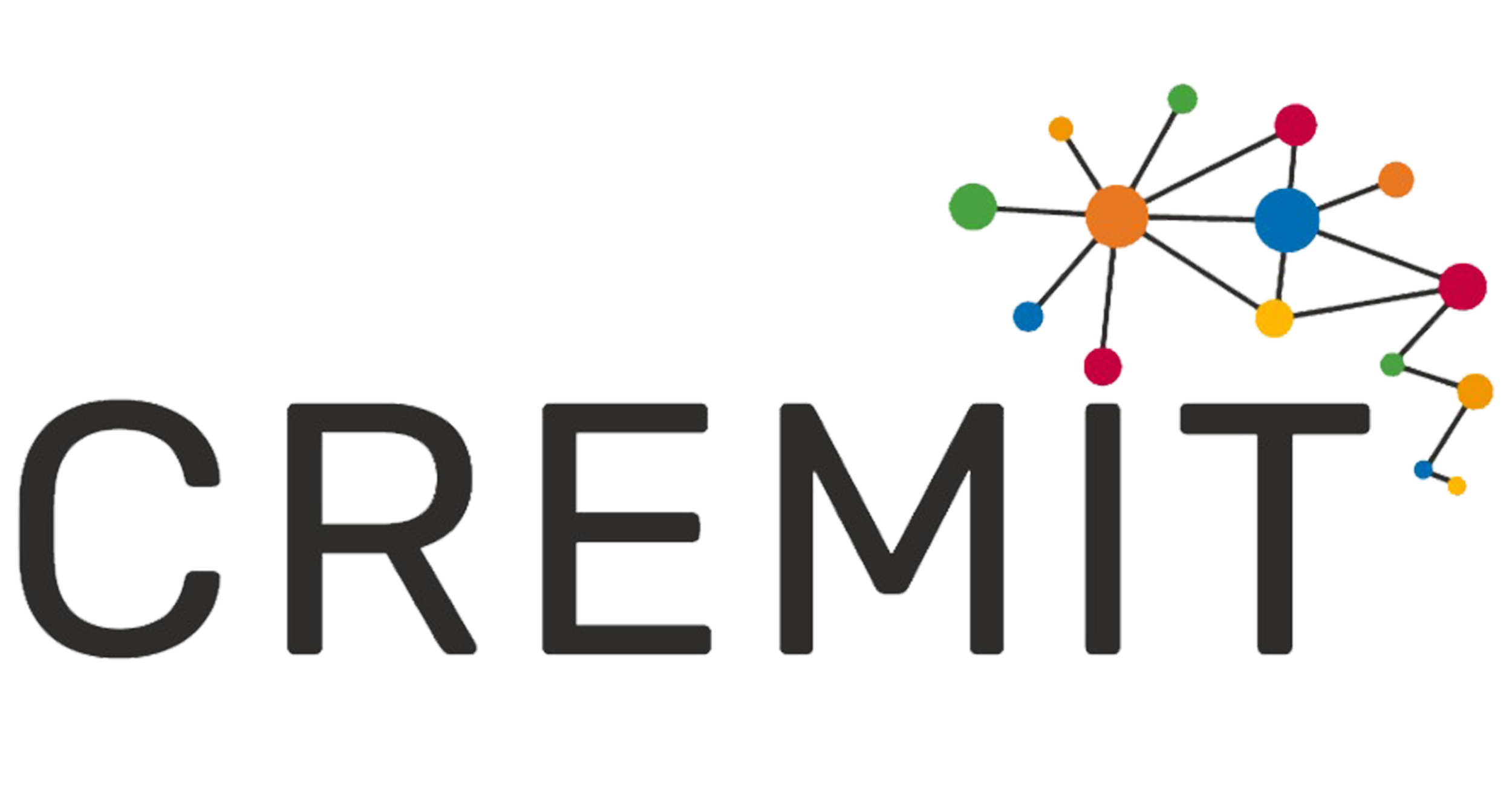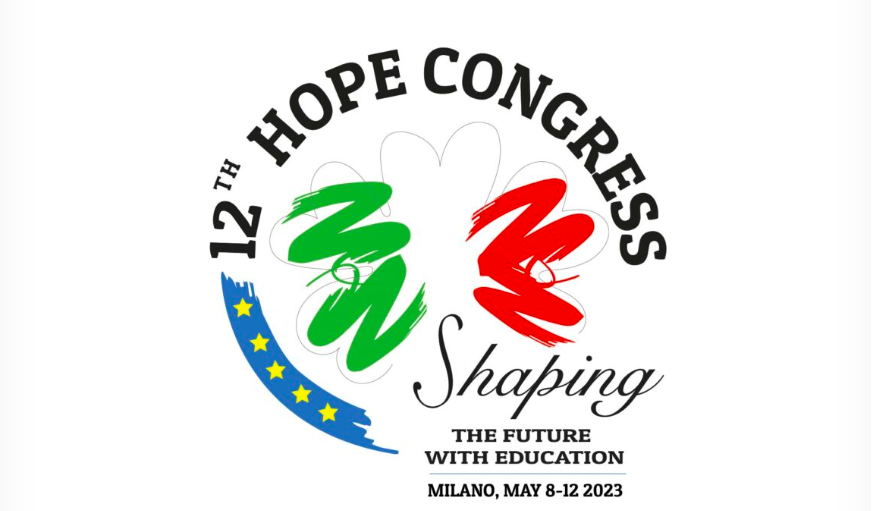
Catholic University
Education and physical activity are indispensable aspects that support the physical and mental well-being of children, adolescents, and young adults, but in the hospital environment these two aspects are often separated. Reflecting on the importance of the body in the learning process and how it can be activated, interest was born in a three-year research project involving two universities (Università Cattolica and Università E-Campus) and the Comitato Maria Letizia Verga, working on the study and treatment of childhood leukaemia.
The possible encounter between school in hospitals and precision-based exercise was presented during the 12th HOPE Congress “Shaping the future with education”, held in Milan from 8 to 13 May. The conference of the Hospital Organisation of Pedagogues in Europe (HOPE) was attended by 270 teachers, educators and health professionals with the aim of presenting projects, research and activities carried out by schools in hospital around the world in the field of education to facilitate the process of growth, development and education of children/adolescents hospitalised or isolated at home.
During the conference, researchers from the Università Cattolica, E-Campus and the Sport Therapy research project presented 3 papers.

Researchers Simona Ferrari (Università Cattolica del Sacro Cuore, CREMIT) and Paolo Raviolo (E-Campus University) reviewed the results of the first year of the research project, which focused on classrooms, teachers’ representations of space and the activation of the body in teaching.
During the second year, the relationships between Sport Therapy, Physical Literacy, and psychosocial skills were observed. The study has shown how social inclusion of the students and activation of the body are fundamental to teaching in hospital schools. The third year of the research, which is currently underway, aims to develop a specific and integrated physical education curriculum, based on the development of a “rubric of competences” presented during the conference, based on the Jubala model of physical literacy, the ministerial guidelines for the first cycle and the ICF-CY dimensions.
The second contribution was presented by Marta Corti, pedagogist of the Sport Therapy research project. The aim of the study was to investigate, from a pedagogical point of view, whether and how precision-based exercise could have an impact on the objectives of school in hospital, as supported by the relevant scientific literature. In addition, it was intended to promote the acquisition of a culture of Physical Literacy for school in hospital teachers by identifying a useful tool for promoting a common language between the educational and medical-sport dimensions, the “rubric of competence”. Finally, for future research, the design and testing of a “Kit of Physical Literacy” was proposed, a useful tool for hospital teachers to implement adapted physical activity in patients with fragile physical conditions.


Finally, a workshop was held by Dr. Francesca Lanfranconi, sports physician and researcher in human physiology, and motor scientist Tommaso Moriggi. The first part, held by Dr. Lanfranconi, was dedicated to the presentation of the Sports Therapy research project, active since 2017 and dedicated to precision exercise in children, adolescents and young adults with leukaemia and lymphoma during intensive treatment phases. In the second part of the workshop, motor scientist Moriggi showed teachers practical exercises that can be used safely and adapted to the subject each student is learning. In this way, teachers learn how to translate the language of exercise professionals into educational terms and objectives.
Marta Conti is a MA graduate in Pedagogical Consulting for Disability and Marginality from the Catholic University of the Sacred Heart.








